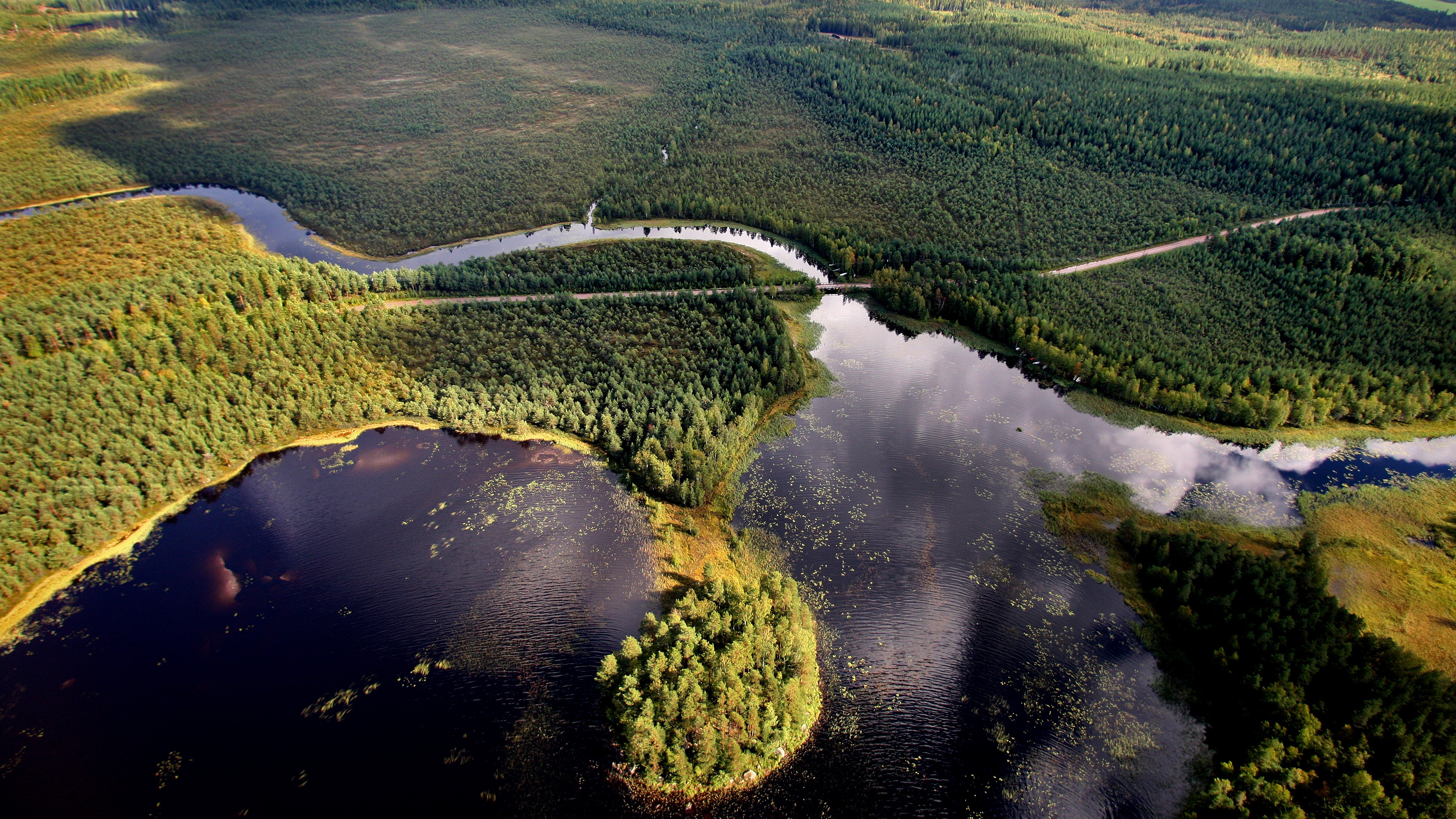Ecological offsetting
Through ecological offsetting, adverse impacts on biodiversity caused by human action in a certain area are offset by enhancing biodiversity in another area.
Ecological offsetting is a last resort means to be used when the harm cannot be prevented or mitigated. This means that it can only be used in cases where there is no other potential solution. Ecological offsetting contributes to the achievement of the target to halt biodiversity loss by 2030.
Voluntary ecological offsetting according to the Nature Conservation Act
Detailed provisions on the voluntary ecological offsetting procedure and offset criteria are laid down in the Nature Conservation Act.
The key principle of ecological offsetting is that a party causing deterioration, i.e. an operator causing deterioration of natural values in its activity, may offset the deterioration of a habitat type or the habitat of a species. Offsetting can take place either by generating natural values or through the avoided loss offset. The generation of nature values may involve improving the status of the site of a habitat type that has deteriorated by restoration, such as by restoring the hydrological balance of a mire or conserving a site with important natural values.
Decree on Voluntary Ecological Offsetting
Further provisions on voluntary ecological compensation are laid down in the Decree of the Ministry of the Environment that entered into force on 15 September 2023. They concern the measurement of deterioration and additionality, the measurement unit and calculation of the current value, and geographical boundaries and flexibilities related to offsetting.
- Decree of the Ministry of the Environment on Voluntary Ecological Compensation (PDF, in Finnish)
- Voluntary ecological offsetting — Guidance document (PDF)
- Piloting ecological compensation (Finnish Environment Institute, in Finnish)
- Biodiversity offsetting as an operational tool for a just sustainability transition towards no net loss of ecosystems and biodiversity (BOOST project) (Research Council of Finland)
Further information
Leila Suvantola, Senior Ministerial Adviser, Legislative Affairs
Ministry of the Environment, Department of Aquatic and Natural Environment, Biodiversity and Nature Value Finance Telephone:0295250433 Email Address: [email protected]

.jpg/52cbca8b-9430-c953-f951-5dfe334ad793?t=1681307481379)

